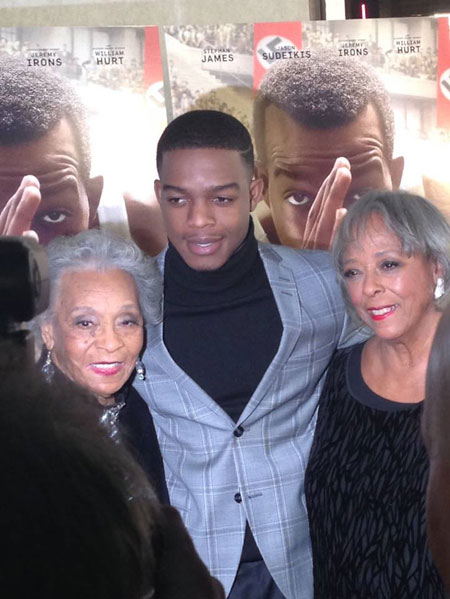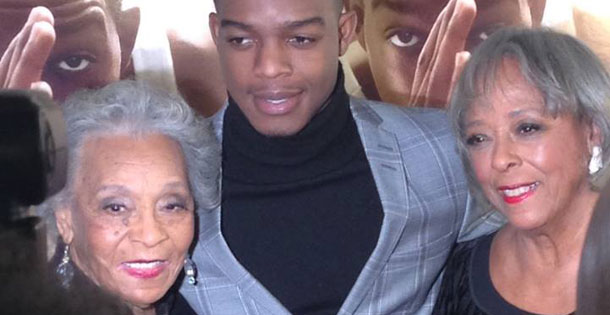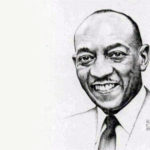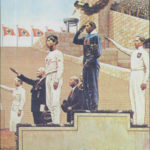
Based on the life story of African American Olympic gold medalist Jesse Owens, Race is a film that celebrates determination, courage, and friendship. Race chronicles the challenges and victories faced by Jesse Owens (played by Stephan James) on his path from Ohio State track star to the 1936 Olympic Games in Berlin.
The film not only addresses the racial inequality in 1936 Nazi Germany, but documents bigotry in the U.S. as well. The film also celebrates the relationship between Owens and legendary Ohio State coach Larry Snyder (Jason Sudeikis), whose support became an integral part of Owens’ journey. The film opened nationwide, February 19.
As the film premiered, we found a deep trove of reporting by and about the famous runner:
1936: Golden Moment of Triumph
By Jesse Owens
January/February 1976
In 1976, Jesse Owens wrote a series of articles for The Saturday Evening Post on U.S. Olympians, including himself. In “1936: Golden Moment of Triump,” Owens recalls the games in Berlin and the people who inspired him to become a champion. Read more >>
My Boy Jesse
By Larry Snyder
November 7, 1936
From November 7, 1936, the true story of what Jesse Owens went through after the 1936 Olympics, as told by his coach. Read more >>
Become a Saturday Evening Post member and enjoy unlimited access. Subscribe now






Comments
Jesse Owens, along with Jim Thorpe and many other great people, were never given the acclaim that they were entitled. Owens especially was in a class by himself. not only for his cumulative achievements at the 1936 Olympic games, but also for proving the superiority of the Aryan German Athletes of the time to be nothing more than accomplished athletes.
As I recall, Mr. Owens developed a strong personal friendship with one of the German athletes. And that mirrored the few times when individual soldiers of both Armies met, during World War II. Just like Owens and his competitive friend, individual people are not adversaries. It is the politicians!